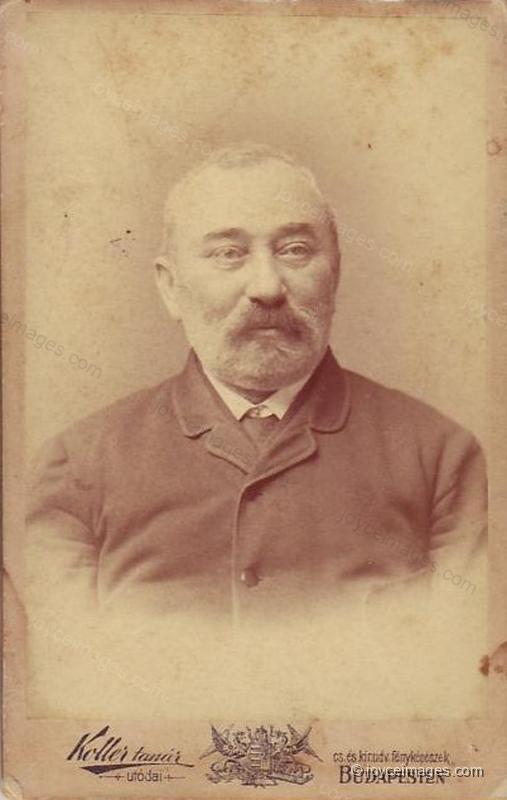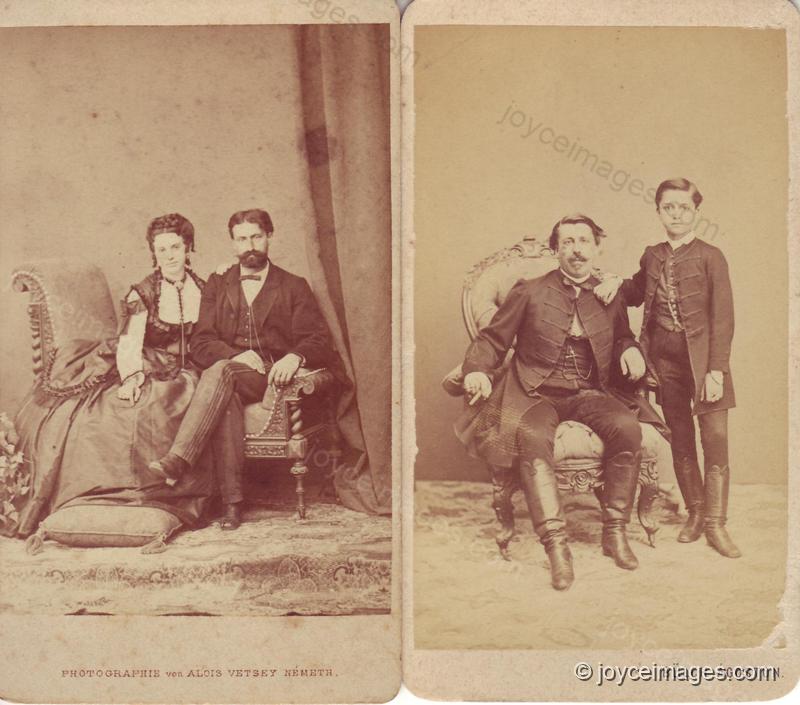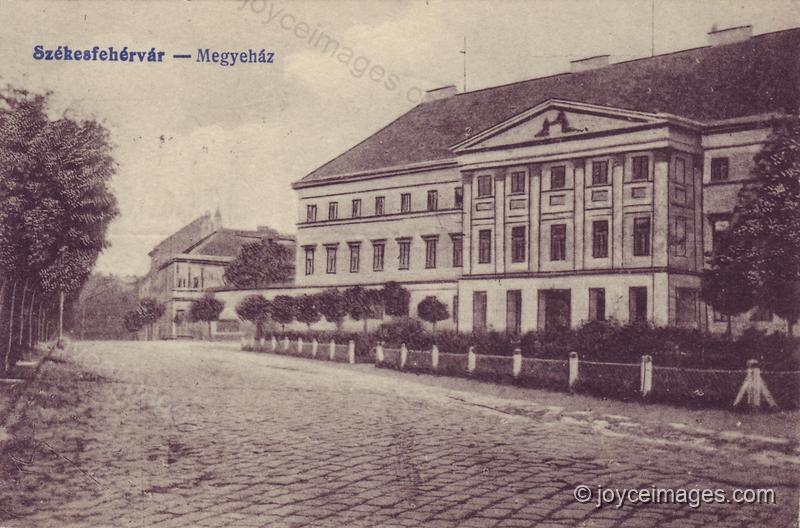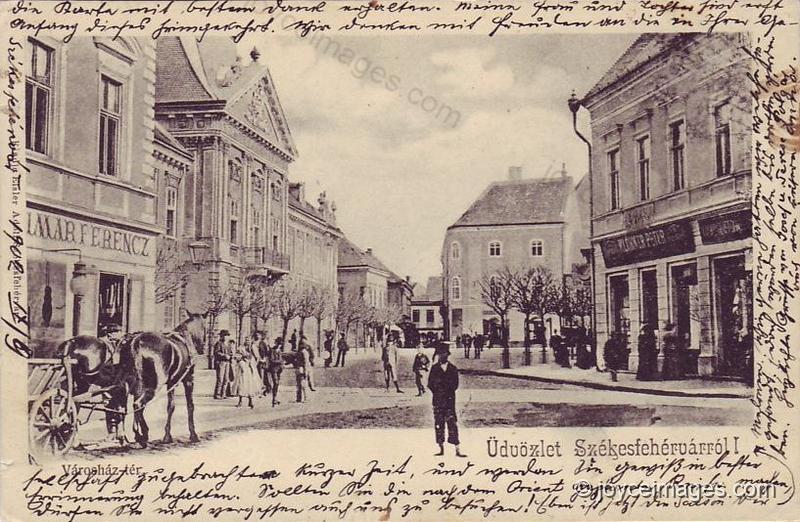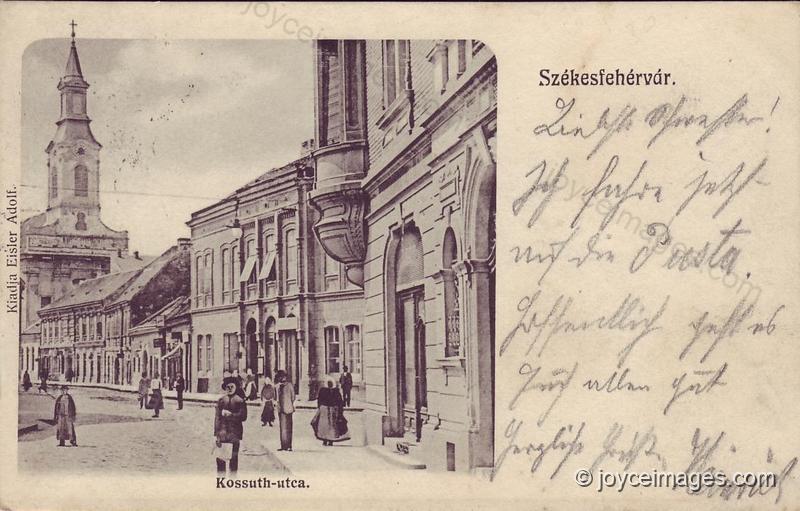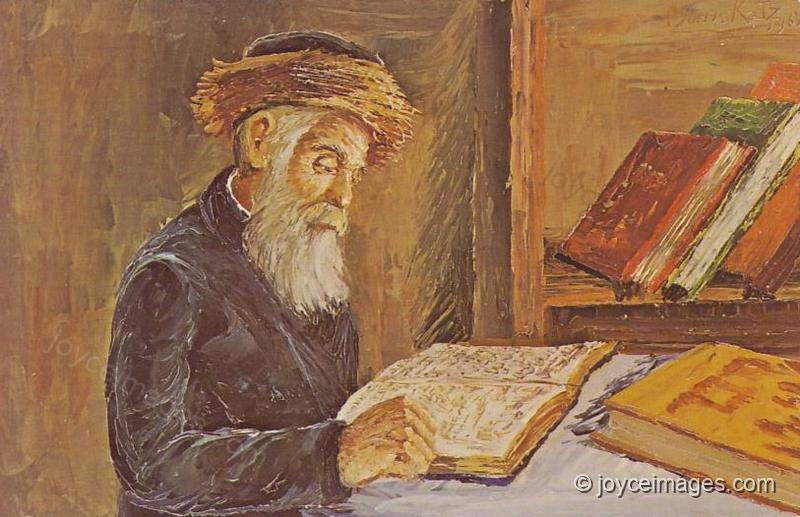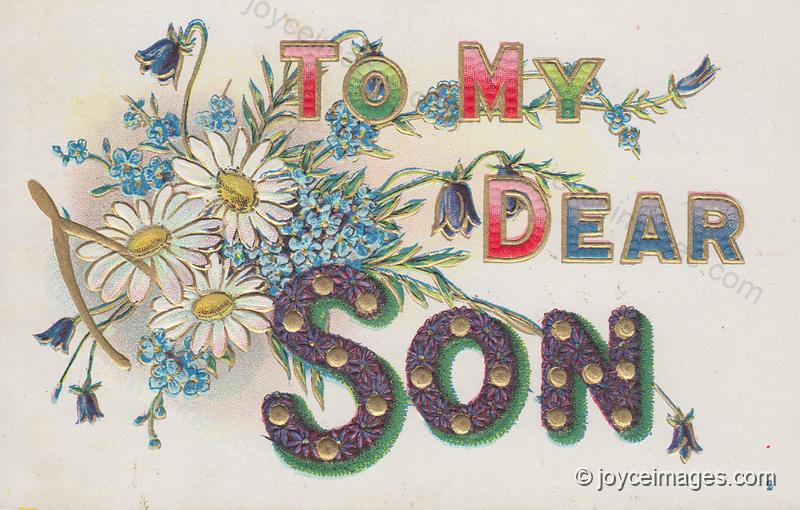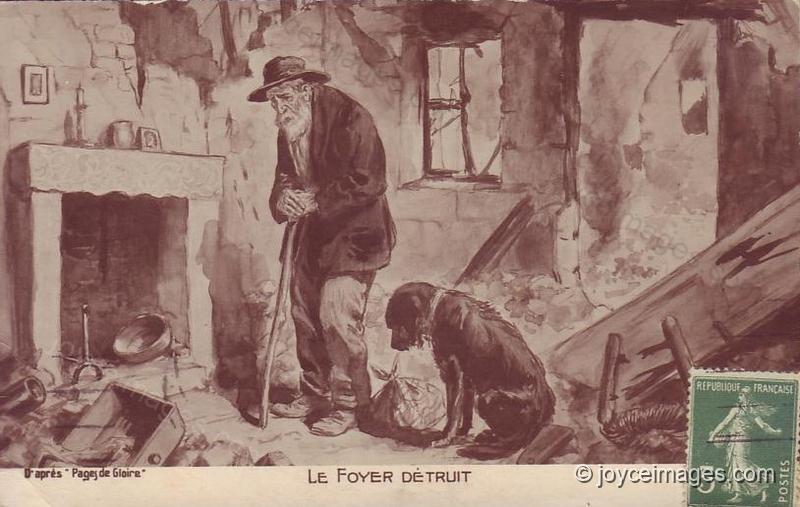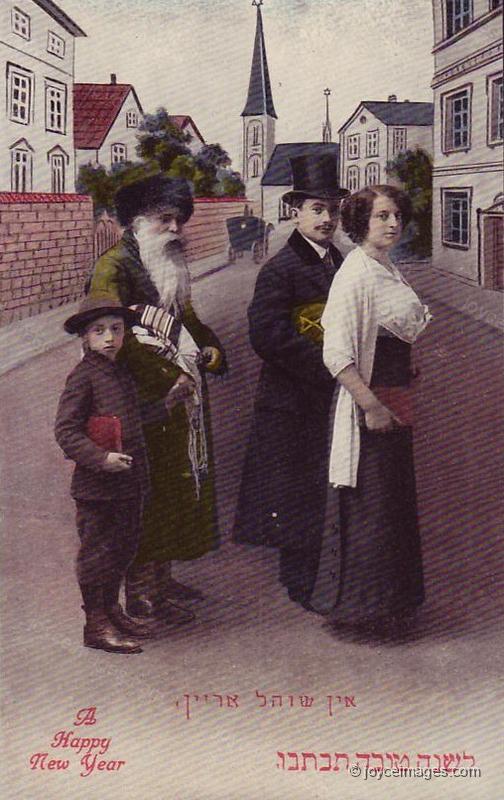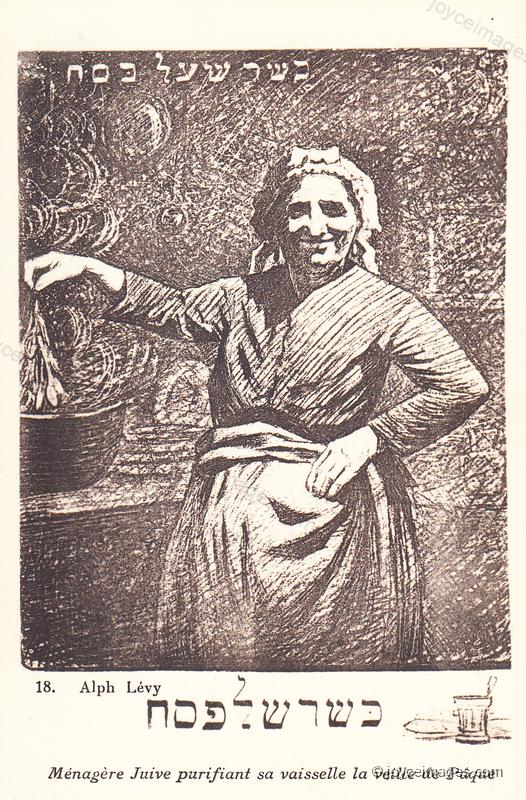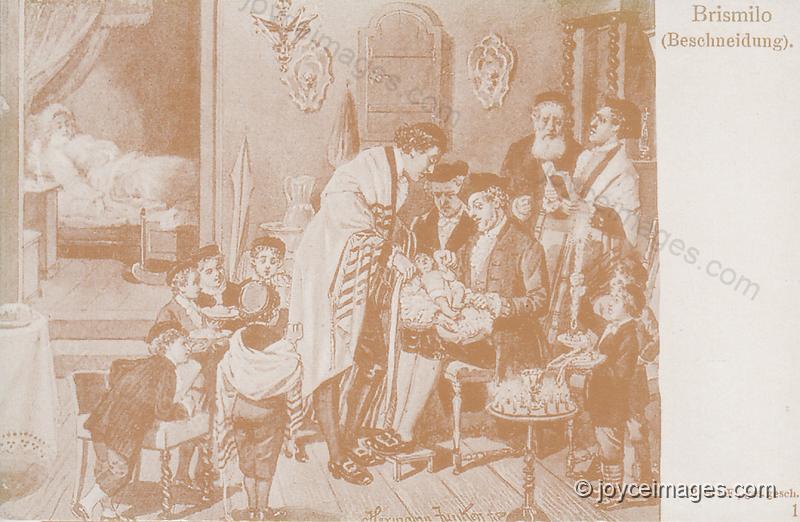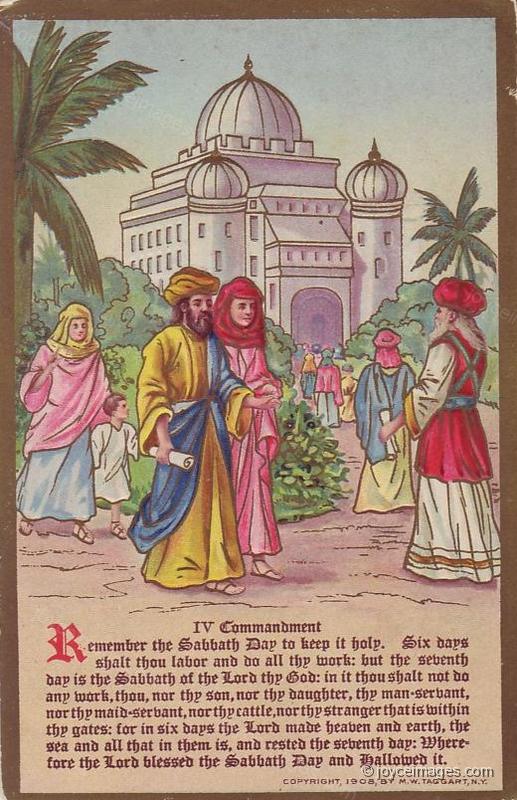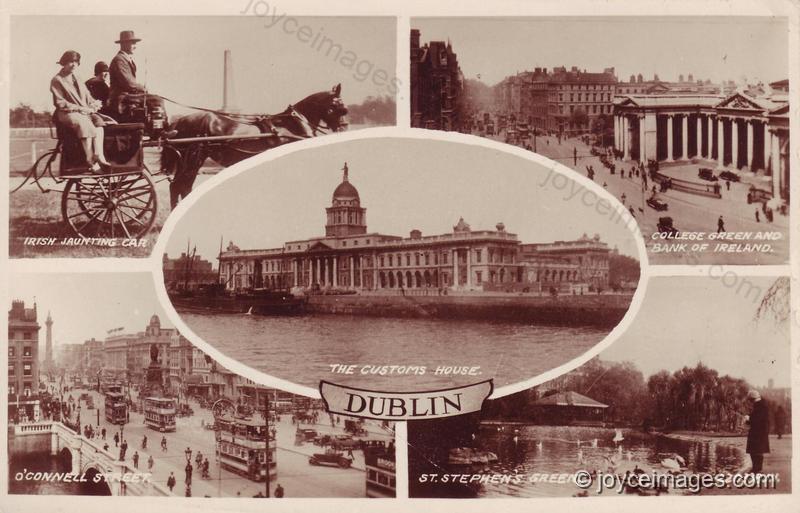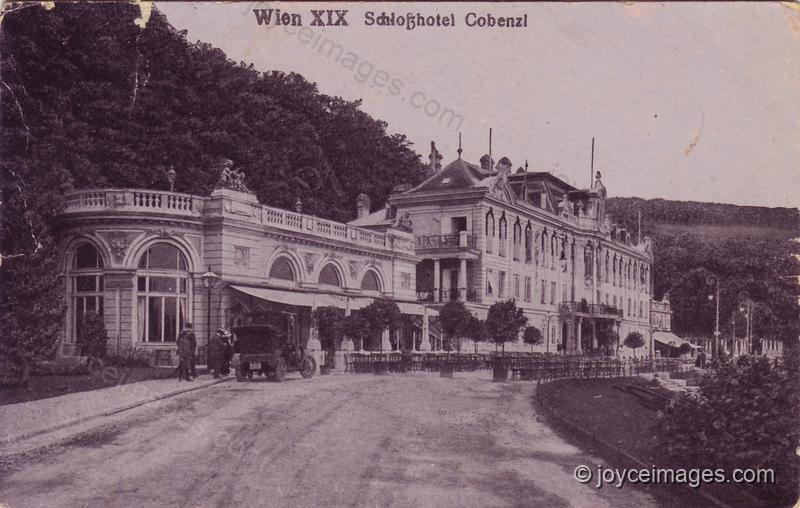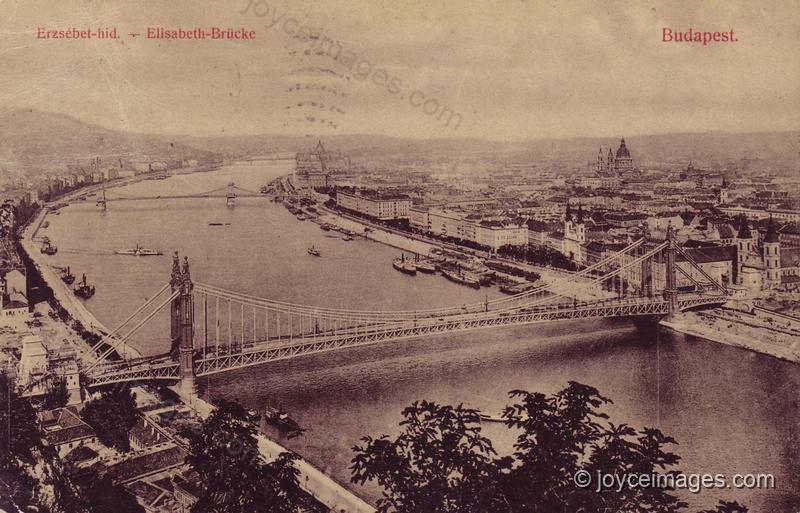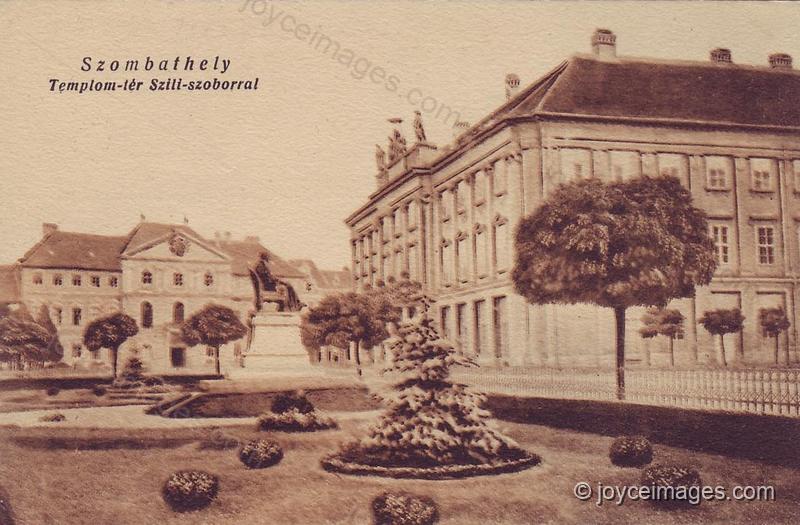"hereby give notice that I have assumed and intend henceforth upon all occasions and at all times to be known by the name of Rudolph Bloom." (U17.1870)
"What other objects relative to Rudolph Bloom (born Virag) were in the 2nd drawer?
An indistinct daguerreotype of Rudolph Virag and his father Leopold Virag executed in the year 1852 in the portrait atelier of their (respectively) 1st and 2nd cousin, Stefan Virag" (U17.1873)
Not Stefan Virag's, but mid-19c. studio photographs from Hungary.
An indistinct daguerreotype of Rudolph Virag and his father Leopold Virag executed in the year 1852 in the portrait atelier of their (respectively) 1st and 2nd cousin, Stefan Virag" (U17.1873)
Not Stefan Virag's, but mid-19c. studio photographs from Hungary.
Szesfehervar, or rather Szekesfehervar, is is a city in central Hungary, located around 65 km (40 mi) southwest of Budapest in the Fejér county. The word szék (= "seat") and the city's name ( "white castle with the seat") reflect its important role in the first centuries of the Kingdom of Hungary. In the Middle Ages, Szekesfehervar was a royal residence and the most important Hungarian city. There the crown jewels were kept, and 37 kings were crowned.
"An ancient hagadah book in which a pair of hornrimmed convex spectacles inserted marked the passage of thanksgiving in the ritual prayers for Pessach (Passover): a photocard of the Queen's Hotel, Ennis, proprietor, Rudolph Bloom:" (U17.1877)
"What fractions of phrases did the lecture of those five whole words evoke?
Tomorrow will be a week that I received... it is no use Leopold to be... with your dear mother... that is not more to stand... to her... all for me is out... be kind to Athos, Leopold... my dear son... always... of me... das Herz... Gott... dein..." (U17.1882)
Tomorrow will be a week that I received... it is no use Leopold to be... with your dear mother... that is not more to stand... to her... all for me is out... be kind to Athos, Leopold... my dear son... always... of me... das Herz... Gott... dein..." (U17.1882)
"What reminiscences of a human subject suffering from progressive melancholia did these objects evoke in Bloom?
An old man, widower, unkempt of hair, in bed, with head covered, sighing: an infirm dog, Athos: aconite, resorted to by increasing doses of grains and scruples as a palliative of recrudescent neuralgia: the face in death of a septuagenarian, suicide by poison.
Why did Bloom experience a sentiment of remorse?
Because in immature impatience he had treated with disrespect certain beliefs and practices." (U17.1887)
An old man, widower, unkempt of hair, in bed, with head covered, sighing: an infirm dog, Athos: aconite, resorted to by increasing doses of grains and scruples as a palliative of recrudescent neuralgia: the face in death of a septuagenarian, suicide by poison.
Why did Bloom experience a sentiment of remorse?
Because in immature impatience he had treated with disrespect certain beliefs and practices." (U17.1887)
"As?
The prohibition of the use of fleshmeat and milk at one meal: the hebdomadary symposium of incoordinately abstract, perfervidly concrete mercantile coexreligionist excompatriots:" (U17. 1896)
The prohibition of the use of fleshmeat and milk at one meal: the hebdomadary symposium of incoordinately abstract, perfervidly concrete mercantile coexreligionist excompatriots:" (U17. 1896)
"the circumcision of male infants: the supernatural character of Judaic scripture: the ineffability of the tetragrammaton:" (U17.1899)
"the sanctity of the sabbath.
How did these beliefs and practices now appear to him?
Not more rational than they had then appeared, not less rational than other beliefs and practices now appeared." (U17.1901)
How did these beliefs and practices now appear to him?
Not more rational than they had then appeared, not less rational than other beliefs and practices now appeared." (U17.1901)
"What first reminiscence had he of Rudolph Bloom (deceased)?
Rudolph Bloom (deceased) narrated to his son Leopold Bloom (aged 6) a retrospective arrangement of migrations and settlements in and between Dublin" (U17.1905)
Rudolph Bloom (deceased) narrated to his son Leopold Bloom (aged 6) a retrospective arrangement of migrations and settlements in and between Dublin" (U17.1905)
